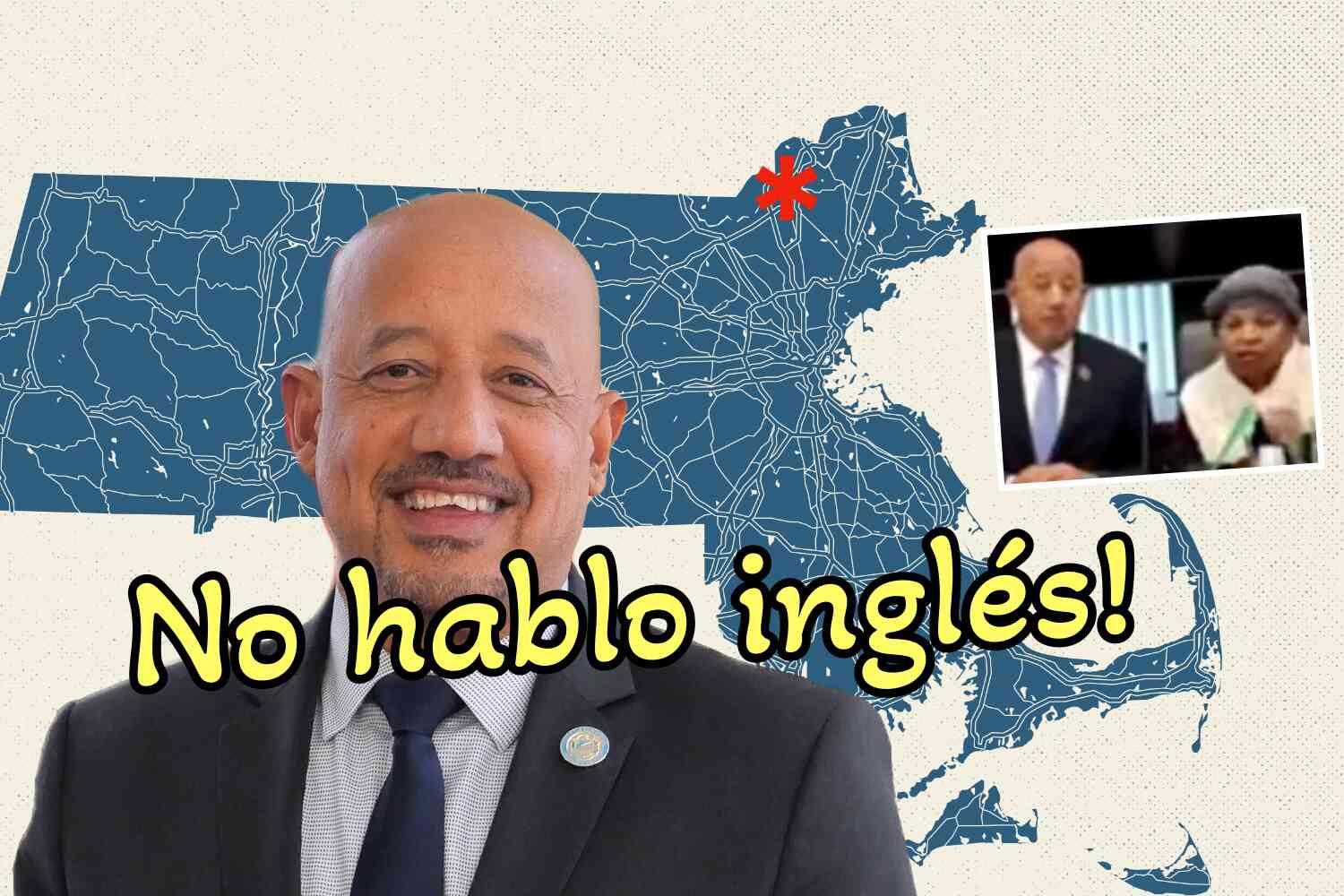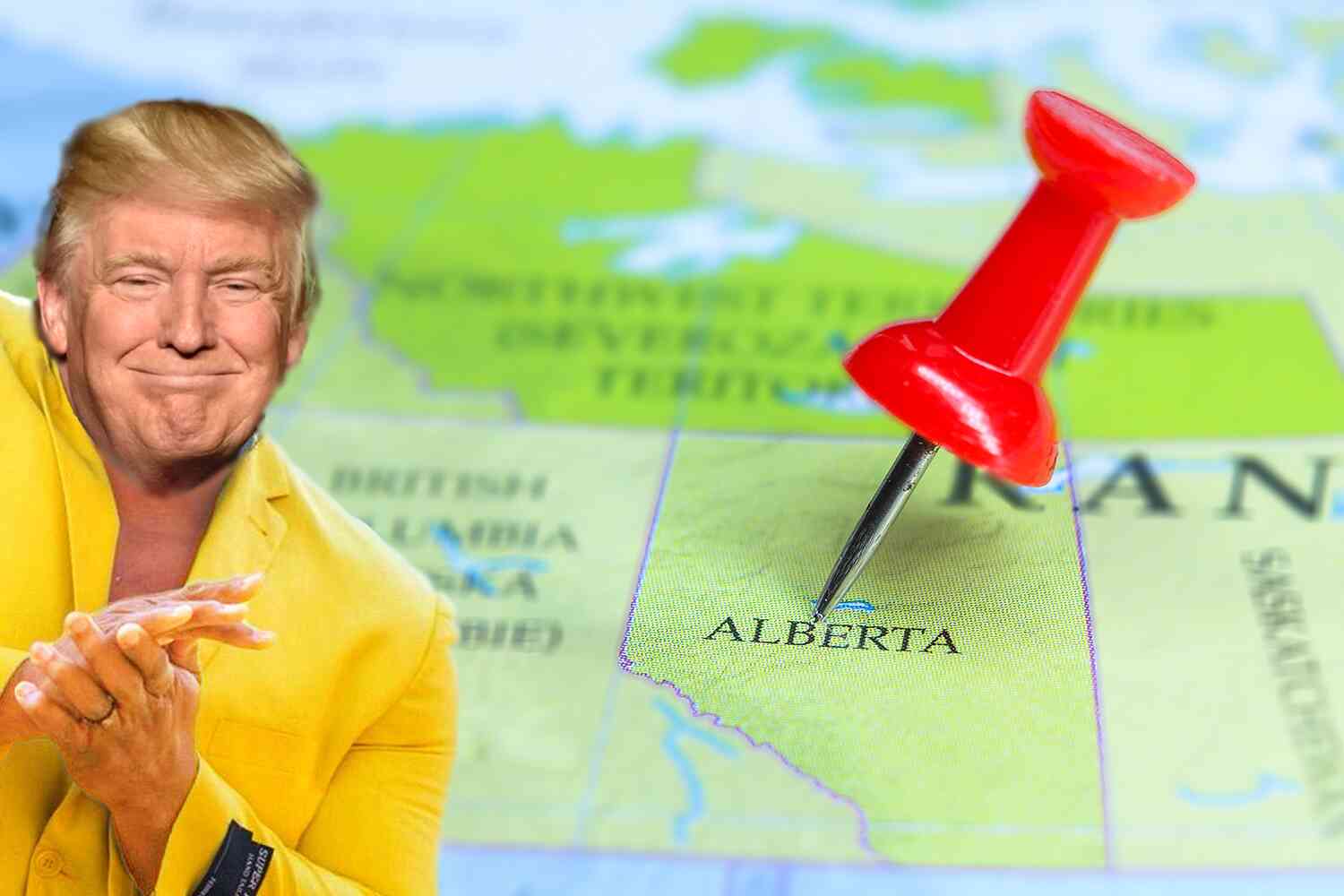Paleogeneticism, the science by which genetic material is extracted from the skeletal remains of ancient peoples so that it may be examined for clues to the past, has sparked a revolution in our understanding of the very earliest inhabitants of our planet.
And that is why it has to stop.
Well, it doesn't have to stop for everyone.
In a 2017 article published in Science, Ann Gibbons wrote about the power of DNA analysis to "bust" the myths associated with Europeans' origins: "Despite their tales of origin, most people are the mixed descendants of many migrations… As techniques for probing ethnic origins spread, nearly every week brings a new paper testing and then falsifying lore about one ancient culture after another." Gibbons properly describes this as a positive development.
Indeed, such breakthroughs have been celebrated as a triumph as the mighty sword of science slices through Europeans' mythical superstitions and silly ancient beliefs.

However, when it comes to the Americas, the woke crowd with their "Science Is Real" yard signs become startlingly respectful and even reverent for the origin myths and folklore of people who are politically useful.
But if this principle is true for the so-called old world, why is it untrue in regard to Indigenous peoples? The only way one might consider Duggan's research to be offensive or controversial is to such extent as one might wish to preserve the idea of Indigenous peoples as staking out an unbroken genetic (and therefore moral) claim to this or that part of North America. Certainly, I can think of no other basis on which Duggan might be required to secure the permission of modern First Nations (as they are known in Canada) to conduct scientific research on populations that haven't existed for thousands of years.
Might the original inhabitants' history in the Americas be more messy than the prevailing myths, you know, like the history of every other human population in the world?
Some knowledge is simply forbidden.
The ideologically correct approach had been articulated at a 2019 Brown University conference titled "State of the Field: The Ancient DNA Revolution in Archaeology." There, Robert Preucel of Brown's Haffenreffer Museum presented a roster of speakers who laid out what they regarded as state-of-the-art ethical standards in the field. They advised audience members to pursue a "commonly agreed set of best practices" with "descendant communities"—especially when paleogenomic conclusions challenge, or conflict with, community knowledge about the past.
I want to pause here for a moment to let that settle in, because it gets even better.
A lot better.
"Folklore and myths must be taken into account, and we must discourage the idea of science "controlling the narrative."
These are scientists, at a scientific conference, warning other scientists against the idea of SCIENCE CONTROLLING THE NARRATIVE.

This sounds, well, preposterous. So preposterous it raised some red flags, which I admit are always on a hair trigger for me anyway, so I went to the conference this article references and listened to the relevant presentation.
I'm glad I did, too, because I learned there was much more to the story.
None of it good, but definitely more.
Let's start with this slide, part of the presentation made by Deborah Bolnick, an anthropological geneticist and biological anthropologist from the University of Connecticut.
Note the heading for this slide:
"Benefits, Risks, and Harms of aDNA research."
The harms of science. We're not talking about advancing AI or the risks of doing "gain of function" research on viruses, we're talking about better understanding our past and origins.
We're talking about the "risks and harms" of knowledge.
I did a partial transcription of her presentation:
"We have to keep in mind that these studies also have potential benefits and risks for indigenous communities as well. In particular this work has implications for how we understand and describe communities' histories which can have consequences for communities' territorial repatriation and legal claims. In particular when the paleogenetic narratives that we construct challenge or conflict with community knowledge about the past. That can have potential consequences as well for individual and group identities."
If all she was doing was cautioning that scientists take great care in their work, that would be okay, if a bit odd in the context.
But that's not what she's doing.
Keep in mind the slide cautions how "the benefits, risks and harms of ancient DNA research is distributed." Not "the risks and harms of incorrect ancient DNA research is distributed," or "the harms of sloppy work." No, the the harms of how the research is distributed.
Huh? Scientific conclusions need to be carefully "distributed" now? Knowledge must be meted out like political spoils?
Why yes, yes it does.
Worse, the statement concludes with what sounds like a veiled threat.
"We need to consider how the potential benefits, risks and harms of ancient DNA research is distributed, both for researchers and community members."
There are risks for researchers when their science "challenges" or "conflicts" with "community knowledge"?
There are risks distributing knowledge that may be political inconvenient? What risks, exactly?
This was her next slide.
The president of ASHG (the American Society of Human Genetics) said something entirely reasonable back in 2018, namely that as genetic research disproves origin stories care should be taken in working through the impacts that will have and sensitivity shown towards the indigenous populations affected by that information.
But what was reasonable back in 2018 is now problematic. Bolnick, a scientist, a Ph.D. at that, has an issue with science proving origin stories to be flawed.
"But of course, that's predicated on the assumption that any conflict between the two necessarily means that DNA is right and true, and community knowledge is wrong and false."
Modesty regarding the limits of science is a very good idea, but that's not what she's saying. Not at all.
"There's an assumed hierarchy here between scientific and indigenous ways of knowing that's ethically troubling."
These are scientists, proud members of the party of science who will roll their eyes at any mention of biblical origin stories but are ready to send their Ph.Ds into the shredder when it comes to "indigenous ways of knowing."
"And I think it's also troubling when we suggest that geneticists invariably need to teach others to accept these truths rather than considering that we might also have something to learn by listening to what community members might also teach us."
This all sounds very respectful but it isn't. It's condescending. It treats indigenous people like children who need to be coddled and protected from uncomfortable discoveries.

Indigenous peoples are human beings just like the rest of us and need to be treated as such. Their origin stories may very well have relevance, and as Bolnick points out sometimes the genetic evidence lines up with the stories.
There are real-life consequences to all this. Back to the original piece.
"Even if we can't seek consent from the study subjects themselves for inclusion in our ancient DNA studies, descendant-affiliated or geographically proximate communities should be consulted and engaged prior to the start of research because they may wish to speak for the ancestors"
Science is giving veto power over research to indigenous people who have no relation whatsoever to the objects being studied, or don't want to know what relation they may or may not have as it might "have consequences for communities' territorial repatriation and legal claims" as she cautioned earlier.
I know what you're thinking, "what about embedded concepts of race, gender, and culture?"
Not to worry, Bolnick has you covered.
Really covered.
What does paleogenetic data tell us when viewed through feminist, queer, and Indigenous archaeological lenses?
All kind of things that will likely permit you to keep your job and maybe even get tenure, I'm sure.
They don't believe in science as a concept. They believe in science as a weapon.
Think about that the next time someone barks "BUT IT'S SCIENCE!!" in your face.









